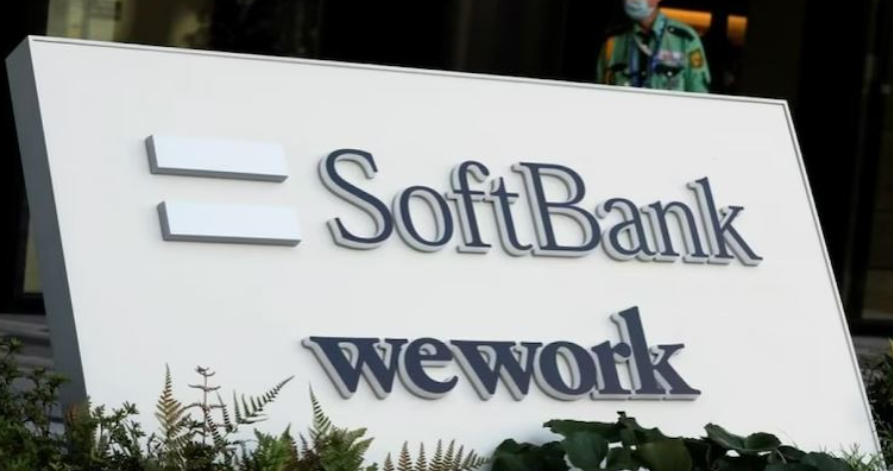In a tumultuous financial quarter, SoftBank Group, the Japanese tech giant known for its bold and risky investment strategies, found itself facing its fourth consecutive quarter in the red. The company reported a staggering ¥789 billion ($5.2 billion) loss, revealing the perils of its founder Masayoshi Son’s penchant for betting big on startups and the unexpected challenges posed by currency fluctuations.
The heart of SoftBank’s recent woes lay in the write-down of the value of tech investments and the crippling blow dealt by the bankruptcy of WeWork, a once high-flying office-sharing company that had caught the world’s attention. These results underscored the inherent volatility and risk associated with SoftBank’s audacious approach to the market. Even a company renowned for its focus on cutting-edge technology is not immune to the trials of the business world.
One of the key factors contributing to SoftBank’s losses was the weakness of the Japanese yen, which significantly increased the costs associated with its dollar-denominated debt. Currency rates might seem like a mundane concern in the grand scheme of technology investments, but they played a pivotal role in SoftBank’s quarterly downturn.
To put these staggering losses into perspective, in the same quarter a year earlier, SoftBank had reported a ¥3.01 trillion profit. This profit was largely a result of the company selling a substantial portion of its stake in the Chinese e-commerce giant, Alibaba. The stark contrast between that period and the most recent quarter highlights the volatility and unpredictability that can befall even the most ambitious players in the tech investment landscape.
Amid the disappointing financial results, there was a glimmer of hope. SoftBank’s Vision Fund investment unit managed to book an investment profit of ¥21.4 billion in the latest quarter, following a ¥160 billion profit in the preceding quarter. This provided a silver lining to the company’s otherwise stormy financial horizon.
One of the notable developments amidst this financial turbulence was the successful initial public offering of Arm, a chip designer and SoftBank subsidiary. While this IPO was a significant achievement, the proceeds from it were not counted as earnings, as Arm remained a subsidiary of the company.
WeWork, the once high-flying office-sharing firm that was emblematic of the shared workspace trend, declared bankruptcy. SoftBank, which had heavily invested in WeWork over the years, faced the consequences of its fall from grace. In response, the company exchanged unsecured WeWork notes into shares and convertible bonds, incurring a ¥21.6 billion loss from the transaction during the first half of the year.
It is important to note that while SoftBank had already written down billions of dollars of its investment in WeWork over the years, the company’s commitment to provide credit support for WeWork increased its liabilities by ¥57.5 billion in the last quarter. This exemplified the long-lasting impact that troubled investments can have on a tech giant’s balance sheet.
SoftBank’s recent quarterly loss serves as a stark reminder that, in the ever-evolving world of technology investments, even the most visionary companies can be brought down to earth by the intricacies of the market. Founder Masayoshi Son’s audacious bets on startups have undoubtedly yielded both triumphs and trials, and this latest financial report is just one chapter in the ongoing saga of SoftBank’s adventures in the world of tech investments.
(Source: Reuters | WSJ)









